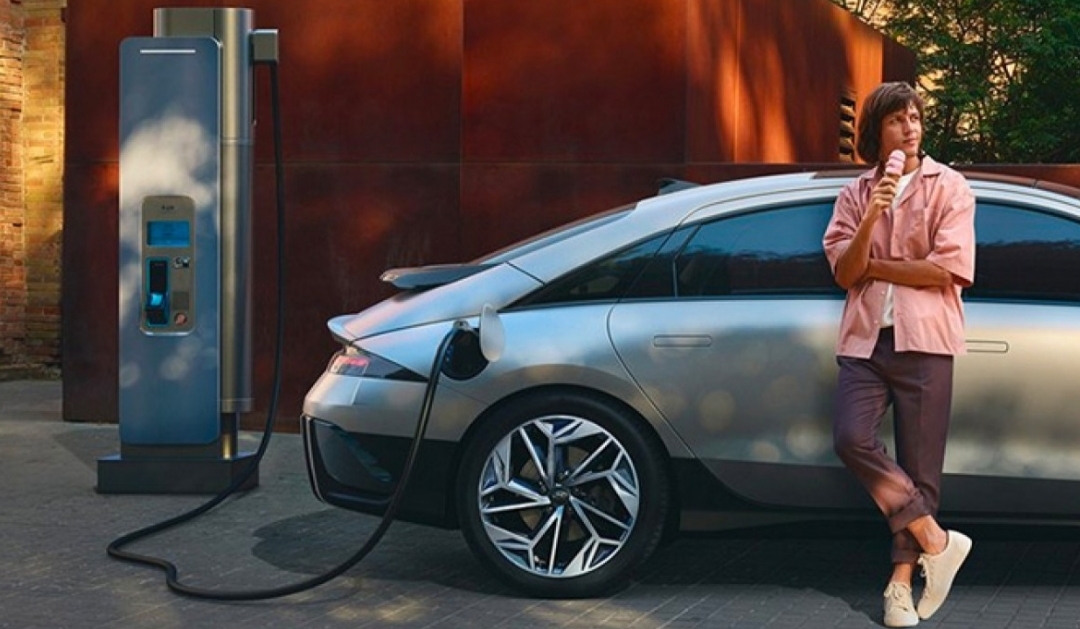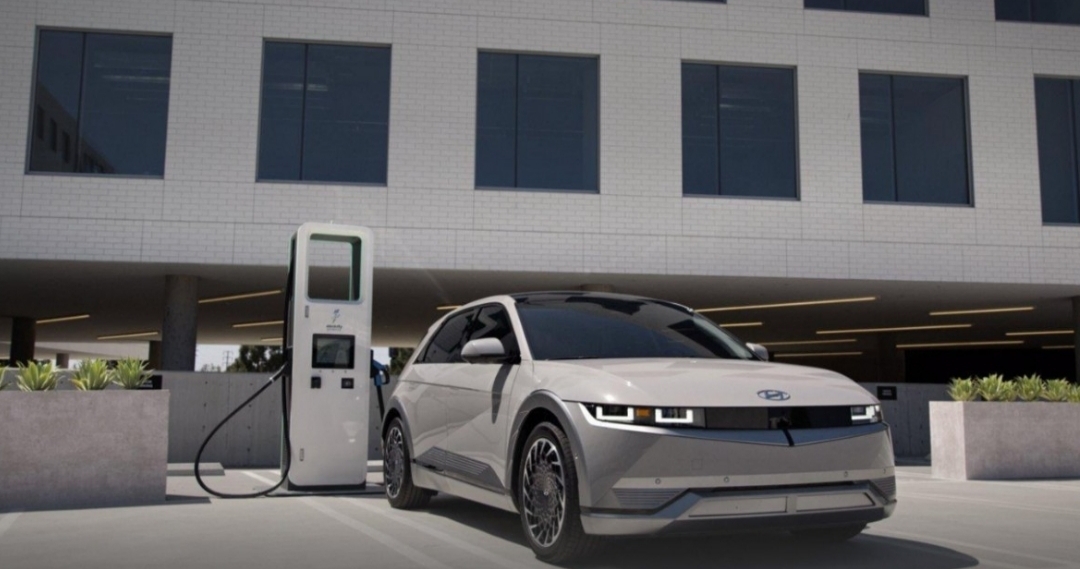The Truth Behind Hyundai's EV Charging Claims: Why 800V Isn't Always 350kW
800V EV architectures are a game-changer — they enable much faster charging without sacrificing battery health. But Hyundai, despite having a genuine advantage here, seems intent on stretching the truth in ways that raise eyebrows.
What Does Charging Speed Really Mean?
Let’s clarify one key thing first: no EV charges at its maximum rated speed the entire time. The advertised figure (say 200kW) usually applies only when the battery is low (around 10-20%) and all conditions are perfect — battery temp, charger temp, and more.
So when a manufacturer claims their car supports 200kW DC fast charging, you shouldn’t expect to recharge a 100kWh battery in 30 minutes. Realistically, the average speed is closer to 100kW, meaning a full charge takes over an hour.
So Everyone's Playing This Game?
Not exactly. While most manufacturers quote peak speeds, their cars do actually hit those numbers — even if only briefly. That’s still useful when you need a quick top-up.
Hyundai and Kia, however, never hit the 350kW mark they often hint at — not even for a second. Their EVs peak at just under 250kW. That’s a solid number, but far from the 350kW headline you’ll see on their sites and promotional material.
Is Hyundai Lying?
Technically, no. They’re just being... creative. Instead of listing what the car can handle, Hyundai and Kia list the speed of the charger used in their test cases. So you'll see stats for “DC Fast Charge 50kW” and “DC Fast Charge 350kW,” which implies the car supports that level of power — when it actually doesn’t.
That’s very different from how most other automakers present their data. It’s not illegal, but it is misleading — and whether intentional or not, it certainly gives customers and reviewers the wrong idea.
The 350kW Myth
Many reviewers and even some EV owners believe their Hyundai or Kia EV can pull 350kW. When they don’t see those speeds, they blame the charger or the network. In truth, the car is just not capable of it.
So Is 800V Still Worth It?
Absolutely. While the peak number may not blow you away, 800V EVs like those from Hyundai and Kia do charge significantly faster than 400V rivals. Why? Because they sustain high charging speeds for longer, especially between 10-80% SoC — the most common charge range.
This results in much faster real-world charging, even if the numbers don’t look record-breaking on paper.
Want to know exactly how long your EV will take to charge? Check out our [EV charging calculator tool] — it’s perfect for trip planning and comparing vehicles.








Post a Comment